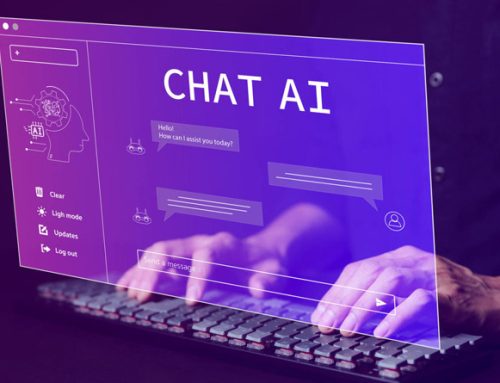In the fast-paced and ever-evolving world of technology, quality engineering is a crucial element that ensures the reliability, performance, and user satisfaction of software products. While quality engineering has always relied on various testing techniques, the advent of Generative Artificial Intelligence (AI) has opened up new possibilities and horizons in the field. This article explores how Generative AI is revolutionizing quality engineering and its implications for the software development industry.
Understanding Generative AI:
Generative AI is a subset of artificial intelligence that focuses on creating content, data, or information. Unlike traditional AI, which often relies on rule-based programming, Generative AI leverages the power of deep learning and neural networks to generate human-like outputs. It’s been instrumental in several areas such as natural language processing, image generation, and now, quality engineering.
The Role of Generative AI in Quality Engineering:
1. Automated Test Case Generation:
One of the primary applications of Generative AI in quality engineering is automated test case generation. AI models, particularly deep learning models, can analyze software specifications, user stories, and existing test cases to create new test cases. This process not only saves time but also improves test coverage, identifying potential bugs and vulnerabilities that might have been overlooked in manual testing.
2. Data Augmentation:
Quality engineers often rely on diverse datasets to test software products comprehensively. Generative AI can be used to augment existing data by creating variations, enabling better testing scenarios. For instance, it can generate new user profiles, images, or transaction data, thus making the testing process more robust.
3. Anomaly Detection:
Generative AI can be employed for anomaly detection, a critical aspect of quality engineering. By training models on “normal” software behavior, AI can identify deviations from this norm, which often indicates potential issues or security breaches. Such models can continuously monitor systems and raise alerts when anomalies are detected.
4. Predictive Maintenance:
In quality engineering, predicting when a software component or system might fail is invaluable. Generative AI models can analyze historical data and provide insights into when certain parts of the software are likely to experience issues. This proactive approach helps in preventing system failures and improving overall software quality.
5. Natural Language Processing in Quality Engineering:
Generative AI has shown significant promise in the area of natural language processing (NLP), which is crucial for understanding and improving user experiences. AI models can analyze user feedback, sentiment analysis, and chat logs to generate insights into user satisfaction and areas for improvement. These insights are instrumental in enhancing software quality.
Challenges and Considerations:
While Generative AI presents numerous advantages, it also comes with challenges. Quality engineers and developers need to address issues related to data privacy, model interpretability, and ethical concerns. Additionally, as AI models generate test cases and anomalies autonomously, human oversight is necessary to ensure that the generated content is relevant and aligned with the objectives of quality engineering.
The Future of Quality Engineering with Generative AI:
As technology continues to advance, Generative AI is poised to play an even more significant role in quality engineering. Its ability to adapt and learn from data makes it a valuable tool for creating innovative testing methodologies and ensuring software products are robust, secure, and user-friendly.
Conclusion:
Generative AI has the potential to reshape the landscape of quality engineering by automating and enhancing various aspects of the testing process. It offers efficiency gains, improved test coverage, and the ability to predict and prevent software failures. While it comes with challenges and ethical considerations, the transformative power of Generative AI in quality engineering cannot be denied. Its integration into quality engineering processes is poised to ensure the delivery of high-quality software products in an increasingly competitive and demanding tech industry.
Unleash the full potential of your software testing expertise by embracing an enriching opportunity to learn and grow by joining UNICOM Learning’s esteemed flagship conference World Conference Next Generation Testing 2023 (WCNGT) on 23 November in Bengaluru, India.






